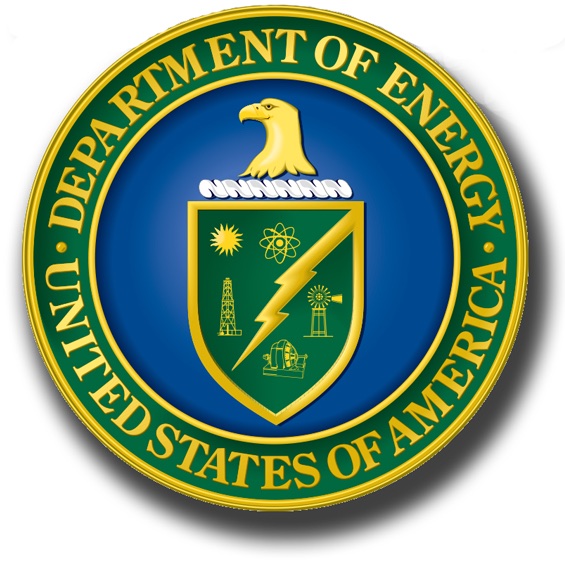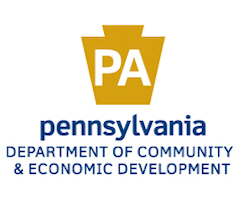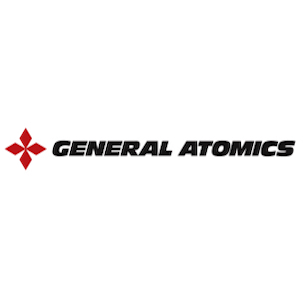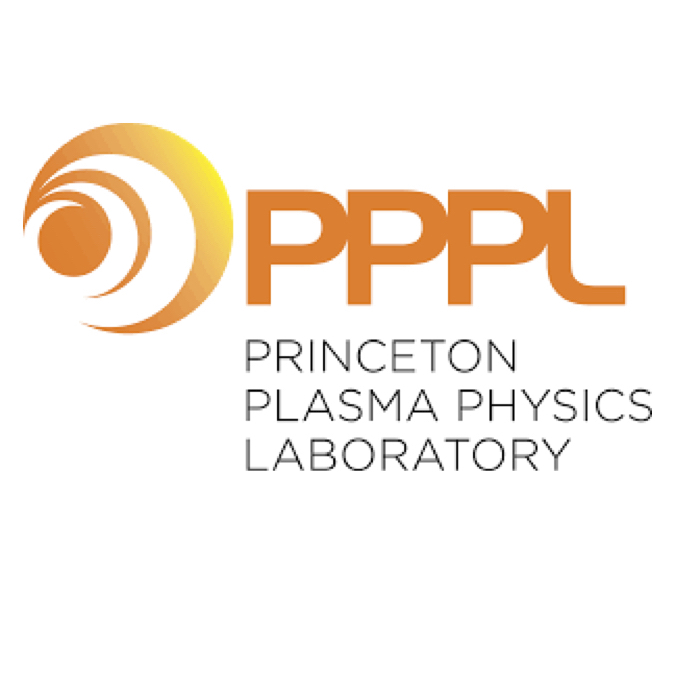Adaptive Nonlinear Burn Control in Tokamak Fusion Reactors
M.D. Boyer and E. Schuster
American Control Conference
Montreal, Canada, June 27-29, 2012
|
Abstract
|

|
There are many challenging control problems critical to the success
of burning fusion plasma experiments like ITER. Among them, the most
fundamental problem is the control of plasma density and temperature,
referred to as the burn condition. While passively stable burn
conditions exist, economic and technological constraints may require
future commercial fusion reactors to operate at unstable burn
conditions. The instability is due to the fact that at low
temperatures, the rate of thermonuclear reaction increases as the
plasma temperature rises. To stabilize such operating points, it will
be essential to have active control of the system. Most existing burn
control efforts use control techniques based on linearized models.
Such models break down for large perturbations and must be designed
around a particular operating point. In this work, we utilize a
spatially averaged (zero-dimensional) nonlinear transport model to
synthesize a nonlinear feedback controller that can stabilize the burn
condition of a fusion reactor. The nonlinear controller guarantees
stability of the plasma density and temperature for a much larger
range of perturbations than linear designs and is augmented with an
adaptive law that guarantees stability despite uncertainty in particle
confinement time parameters. A zero-dimensional transport simulation
study is presented to show the ability of the controller to bring the
system back to the desired equilibrium from a given set of initial
perturbations even when there is significant uncertainty in the
confinement parameters.








